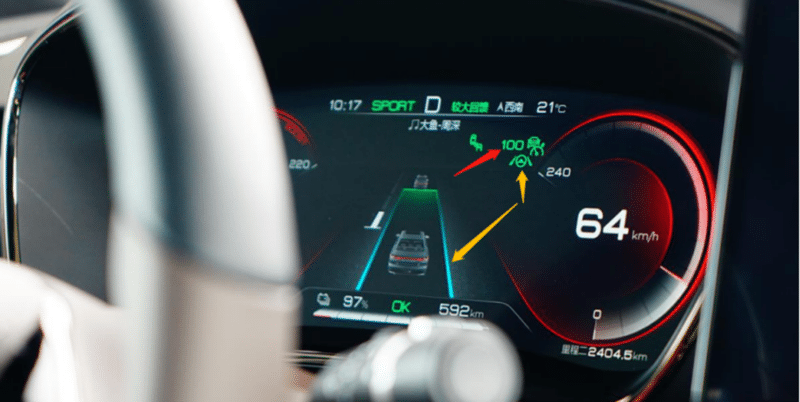BYD accelerates smart driving technology for the masses
In a recent interview, Zhang Zhuo, General Manager of BYD‘s Ocean series, revealed the company’s latest advancements and strategic plans in intelligent driving technology. BYD aims to rapidly expand the adoption of its proprietary autonomous driving technology, intending to make it standard in vehicles priced at 150,000 yuan (20,700 USD) or less within the next three years.

Zhang Zhuo emphasized that BYD’s R&D team has grown to thousands of employees and has received substantial financial backing, ensuring solid support for ongoing innovation. BYD adheres strictly to a “release and mass-produce” principle, avoiding mere conceptualization and focusing on quickly transforming advanced innovative driving technologies into viable products that enhance consumer safety and convenience.

In the realm of intelligent driving, BYD plans to enhance functionalities such as autonomous driving, automatic parking, and valet parking. Their independently developed Diplot and “God’s Eye” advanced smart driving system undergoes rapid iterative upgrades, ensuring leading-edge technology and continuous optimization of user experience through frequent updates.

Highlighting BYD’s competitive edge in cost control, Zhang Zhuo noted that it will continue leveraging its “low-cost” advantage by developing smart driving systems in-house. This strategic move enhances BYD’s market competitiveness and drives the broader adoption and development of innovative driving technologies across BYD’s wide range of cars.

BYD also targets bringing features such as “refrigerators, televisions, and sofa seats” to the mass market. Zhang Zhuo affirmed BYD’s commitment to doing so. BYD’s proprietary compressor refrigerator can cool to -6°C, enhancing onboard convenience for users. BYD’s flagship model, Denza Z9 GT, has dual refrigerators supporting cooling and heating functions.

BYD’s ambitious plans for smart driving and integrated vehicle functionalities underscore its commitment to innovation and accessibility. As it continues advancing its technologies and lowering costs, it potentially democratizes smart driving for a broader consumer base.



